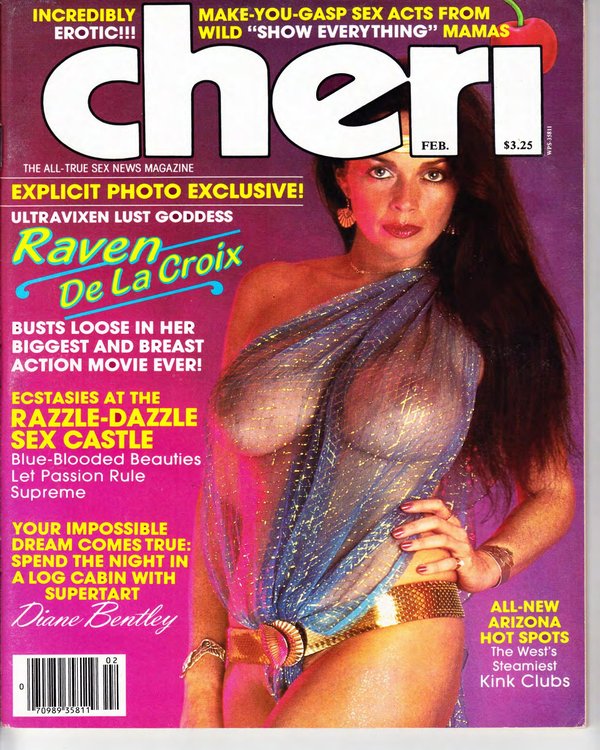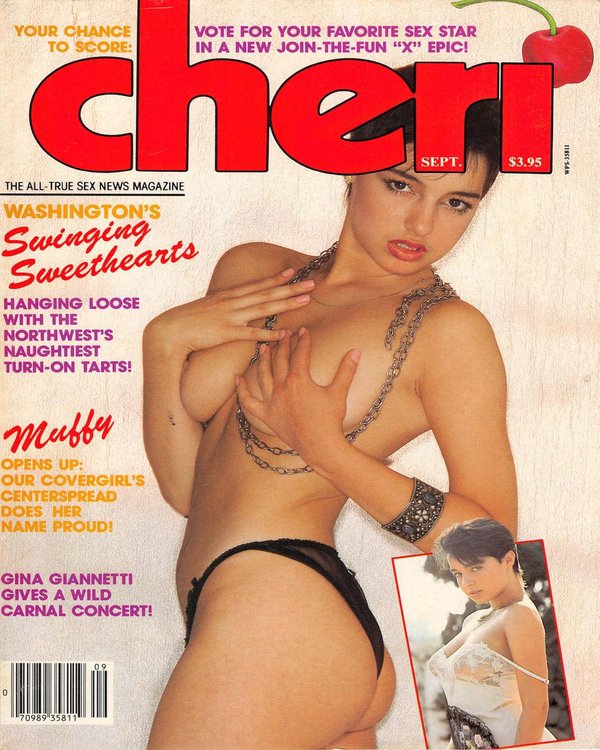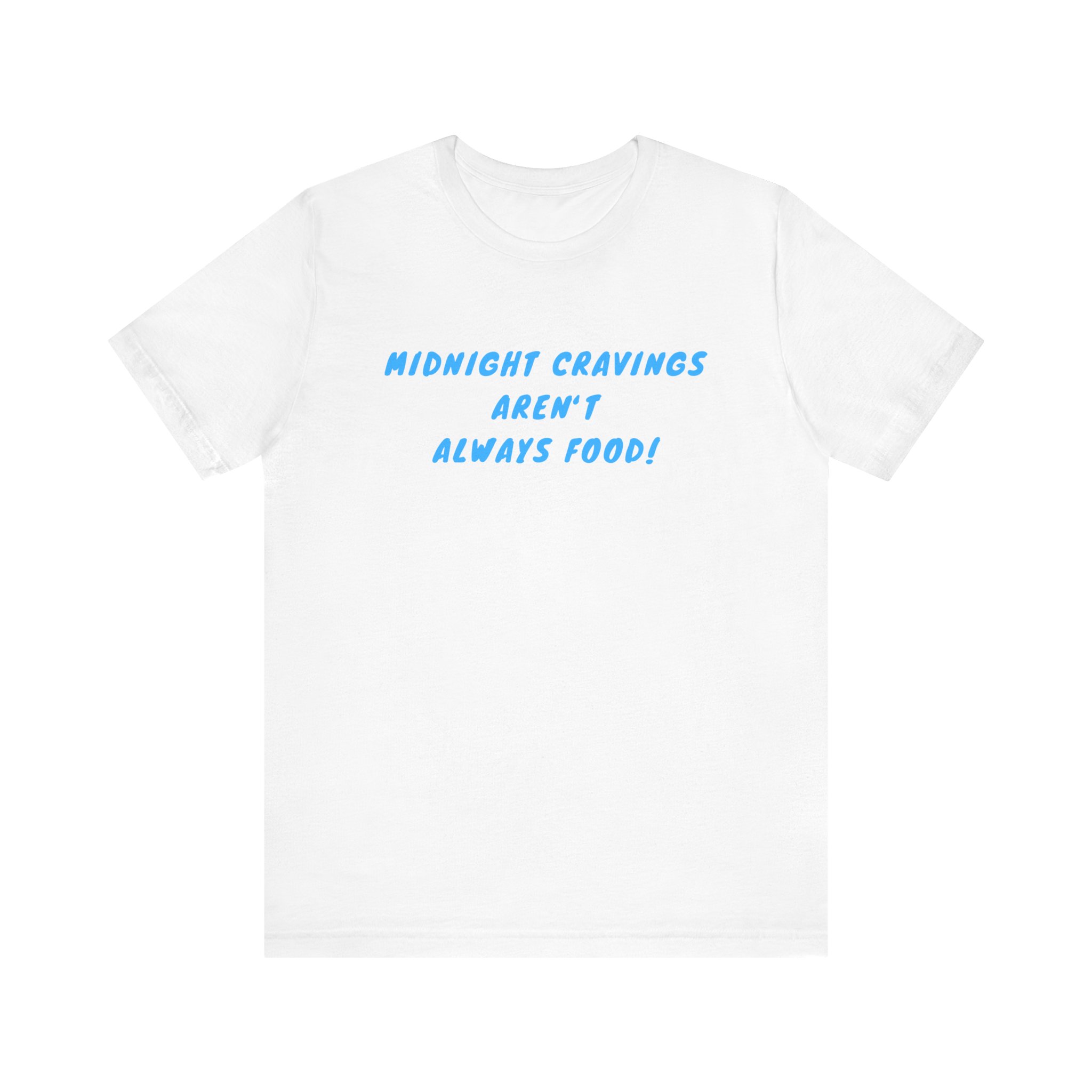The Israeli Opera Tel-Aviv-Yafo needs an assistant librarian, and Rachel enters the librarian's office to apply for the job. Leah, the chief librarian, attentively listens to her and peruses her résumé, but she suddenly feels a pang – Rachel may be lesbian!
Leah is bisexual and, like most non-heterosexuals, has developed a "gaydar" in order to detect people of a compatible orientation. It is quite useful, as her husband Reuven allows her to have extramarital relationships with women – as long as they don't endanger their consortium.
Rachel is really attractive – her breasts fit this biblical passage, "Thy two breasts are like two young roes that are twins, which feed among the lilies", while Leah's body, somewhat older, fits this other passage, "I am a wall, and my breasts like towers: then was I in his eyes as one that found favor".
Both women now know each other's secret, due to their "gaydars", and they also know that they are attracted to each other; Rachel feels somewhat sad, and Leah asks her,
"What's the matter? Your résumé is perfect and you may be fit for the job."
"It's quite dangerous to be one's supervisor's 'special friend'."
"You're right," Leah answers, "What if I don't hire you, but recommend you to another employer, so you'll have your job without being held in my leash?"
"Which employer?"
"The Israel Symphony Orchestra Rishon LeZion – they hire young musicians, and according to your resume, you're a good flute player."
In the afternoon, Rachel plays the flute in front of Yechezqel, the orchestra conductor, who says at last, "May I speak 'dugri' [honestly]? Your flute technique isn't up to our standards. You've probably spent too much time keying text and too less time practicing the flute. Even if you started practicing twelve hours a day, six days a week, it will take two years at least before you can have a chance to get hired by our orchestra – and I assume you need the job now."
"So there is nothing you can do for her?", Leah asks, and Yechezqel answers, "I'm lashing out at her flute technique, not at her musical talent. Her voice is intriguing, and I hope that ... Leah, can you take the score from the piano?"
"The 'Don Carlo'?"
"Precisely that! Open it at the 'Gran Finale' of the Second Act."
"Here you are."
"Rachel," Yechezqel asks, "Can you sing the aria, 'Sire! Egli è tempo che io viva.'?"
"Sorry, I can't read Italian."
"Sol-fa it!"
"It's for tenor. I'm a soprano!"
"Are we supposed to do anything easy here?"
"Obviously not. Things can be made in three ways: the right way, the wrong way, the Israeli way," Rachel jokes before sol-faing the song – and it does that remarkably well, pleasing both Leah and Yechezqel.
"It will take much less time for her to become an opera singer than a flute player," Yechezqel says, and Leah remarks, "Rachel, do you want to know what has Yechezqel had you sol-fa?"
"Why not?"
"Let me translate the aria: 'Sir! It's high time I lived. I'm fed up with leading a dark existence in this land! If God wants that your wreath will once crown my forehead, prepare Spain a King worthy of it! Give me Brabant and Flanders!'"
"It begins as a coming-out song!" Rachel says, and Yechezqel adds, "Right. We want to stage a Queer version of Giuseppe Verdi's 'Don Carlo', in which Don Carlo is actually a soprano ..."
"And that explains Elisabetta's inability to love Filippo," Rachel notices, "If she's a gold star lesbian, who can't persuade herself to love tenors, she's only willing to love another soprano."
"Right," Yechezqel said, "And which is the contemporary state that despises people lacking the required 'limpieza de sangre, purity of blood', and even the members of parliament they vote – and treats part of its territory as colonies inhabited by political and religious rebels to its sovereign authority, to be militarily crushed?"
"Er ... Israel?"
"Bull's eye!" Leah answers.
"So we can see Elisabetta as a hypostasis of the Diaspora," Rachel suggests, "Who feels the duty to love Israel, but can't because Israel is too jingoistic and male-chauvinistic for her taste – if it behaved in a more inclusive and feminine way, she could."
"And Don Carlo is 'Yisrael Acheret, The Other Israel' she can positively and lovingly relate to," concludes Leah.
"What about Rodrigo?," Rachel asks, "And Eboli, the princess who unrequitedly loves Don Carlo?"
"Eboli isn't just a stereotypical Jewish American Princess," Yechezqel notices, "She incarnates the conservative lobby, which is all too willing to compromise with those who purport to be in power and to wield it ruthlessly – kind of an AIPAC ante litteram."
"While Rodrigo is a 'lesbro', a male who behaves as if all lesbians were his sisters," Leah adds, "and represents the progressive lobby, like JStreet."
"In the original work, the relationship between Don Carlo and Rodrigo reeks of homoeroticism," Rachel says, "In a way, you haven't inserted homosexuality in the work – you've changed its form."
"Yes! The Grand Inquisitor represents our Foreign Minister," Yechezqel says, "And guess where are we setting the final scene?"















